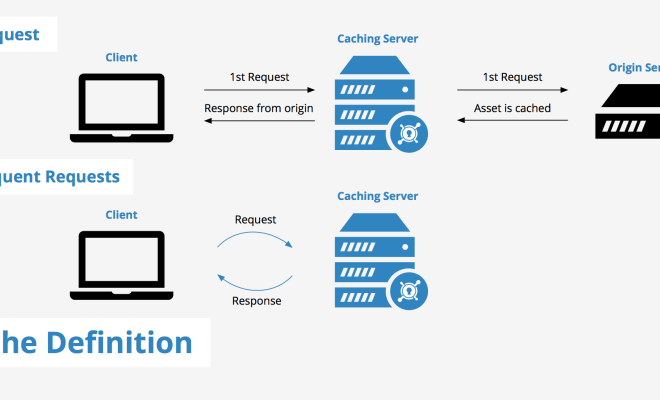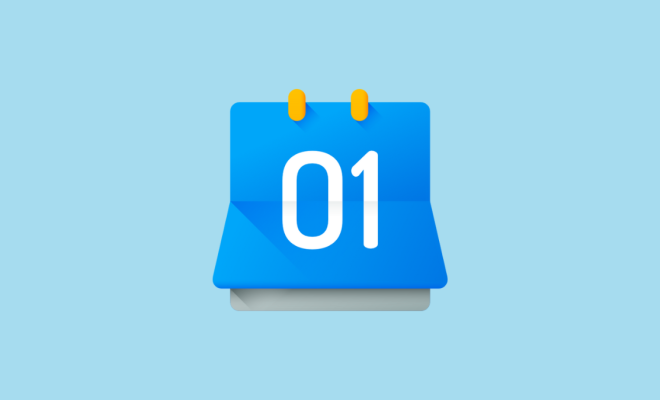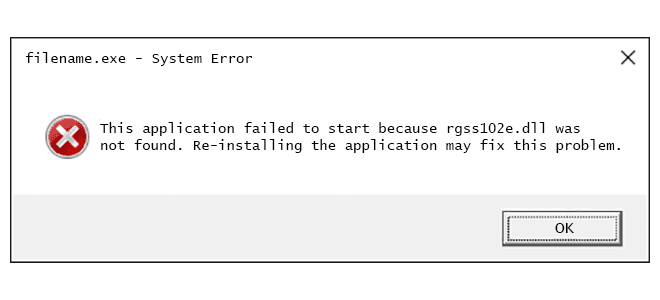What Does Cache Mean?

Cache is a term that is widely used in the world of technology. It is most commonly heard in the context of web browsing, computer systems, and mobile devices, but what does cache mean exactly? In simple terms, cache is a space or memory where recently accessed information is stored or held in a temporary location.
To break it down further, when you visit a website or use an application, the browser or the application stores various data elements like images, videos, text, and code snippets. This data is stored in the computer’s temporary memory or cache. So, instead of downloading this information every time you visit a particular website, the browser can retrieve the data from cache memory, which speeds up the loading time and reduces the unnecessary data transfer.
In addition, cache memory helps in improving the overall performance of a computer system. When a system runs out of RAM, the operating system uses the hard drive to store data temporarily, which significantly slows down the computer’s performance. But with cache memory, the most frequently accessed data is stored in a faster location, which reduces the amount of hard drive activity and improves the system’s performance.
There are different types of cache memory. For example, web cache or browser cache is the type of cache memory used by web browsers to store website data locally. Cache memory can be system-wide or application-specific, such as app-based caches that are used to store data from applications like Spotify, Instagram, and Facebook.
However, cache memory can also have drawbacks. Sometimes it can store outdated information, and you may not be able to access the latest information from a website or application. This is usually because the cached information is not updated frequently, and some changes made on the webserver may not reflect immediately in the cache.
Moreover, sometimes cache memory can slow down the computer’s performance instead of improving it. This is because the memory needs to be cleared periodically to keep the stored data in check, and if it isn’t, the cache can overflow and damage the overall performance of the system.
In conclusion, cache memory helps to improve the system’s overall speed and performance. It’s widely used by computers, web browsers, and mobile devices for a smoother user experience. While it does have a few disadvantages, they can be easily managed and balanced out by regularly clearing the cache and updating it with the latest information.






